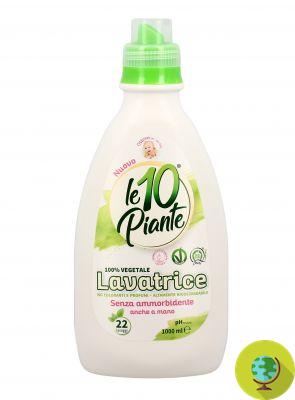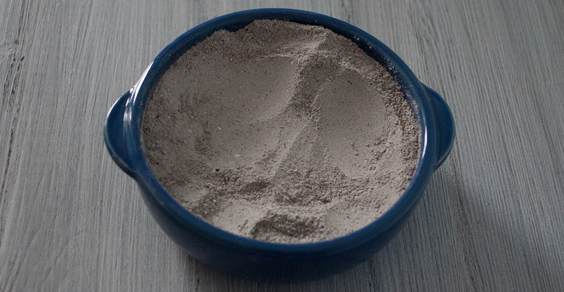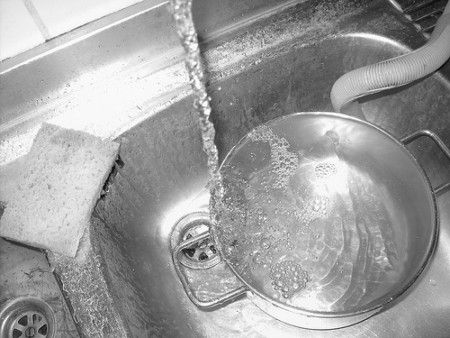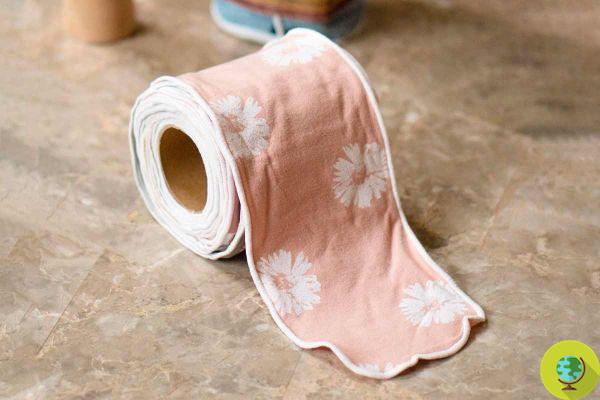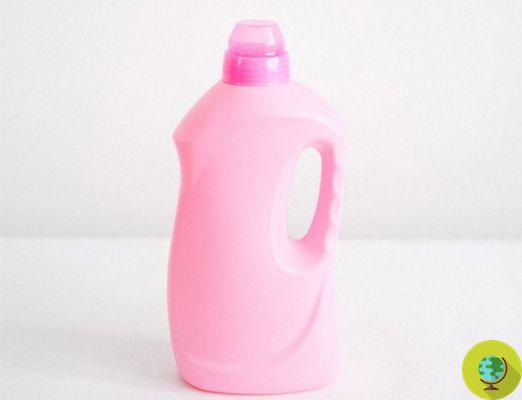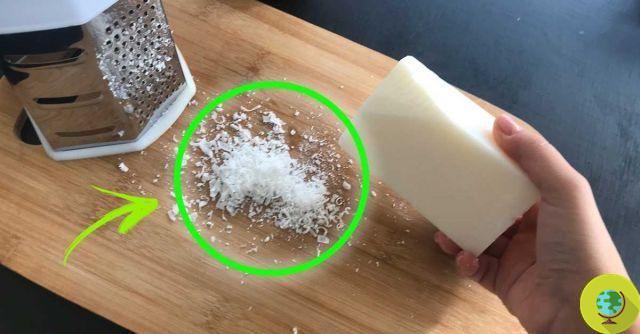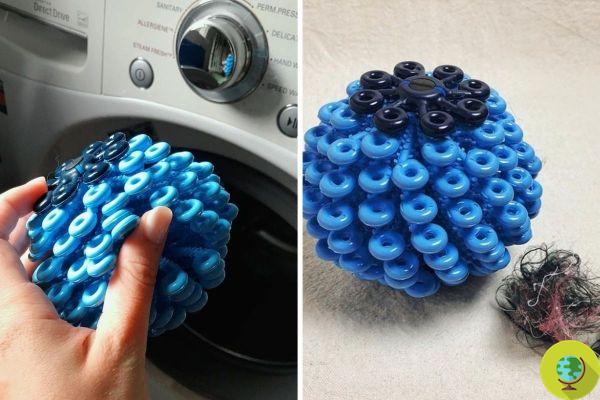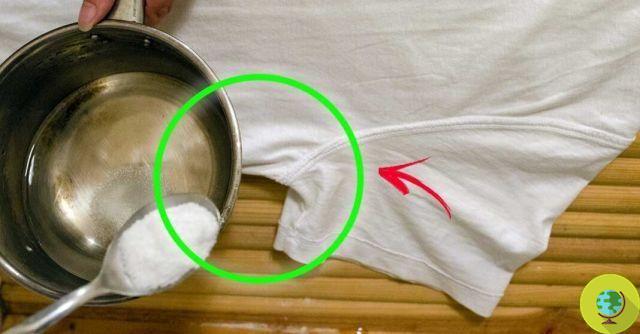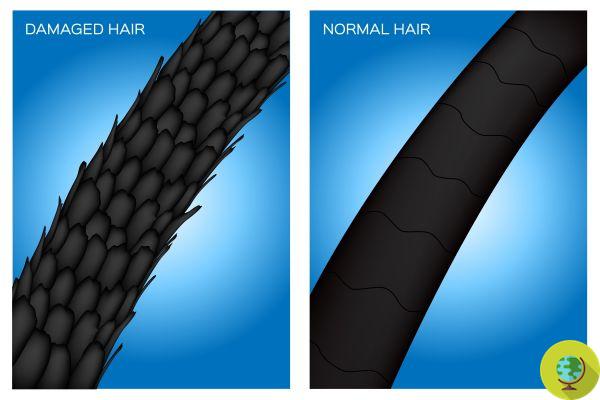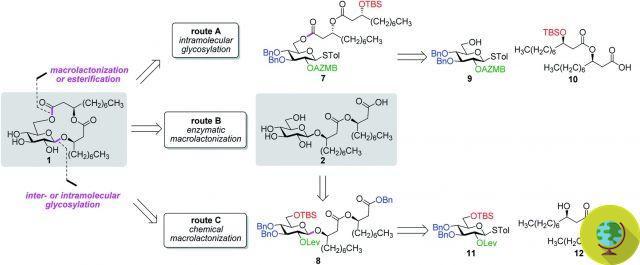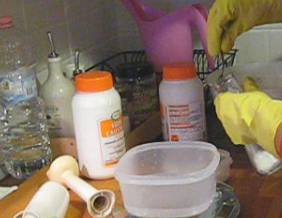A recent study has shown that delicate washing is able to release 800 microfibres more than the standard one into the environment
It would be expected that the washing cycles for delicates, designed to protect clothes in the washing machine and in which the drum makes fewer movements, release fewer microfibres when unloading than traditional washes.
In fact, a recent study has shown the exact opposite, leaving the researchers themselves amazed: scientists have in fact discovered that a delicate wash is able to release hundreds of thousands of extra plastic microfibers into the environment compared to standard washing cycles.
Previous studies had estimated that washing synthetic garments in the washing machine can release several million microplastics into the environment per cycle.
Today Newcastle University researchers, after carrying out several tests on industrial and household washing machines, concluded that a gentle wash cycle drains in wastewater 800 thousand more microfibers compared to a traditional wash.
The reason would be related to the Water consumption: Delicate washes use up to twice as much water as standard washes and if the water volume is high, clothes get wet more. The water that makes its way through the fabrics extracts more synthetic fibers which are then discharged.
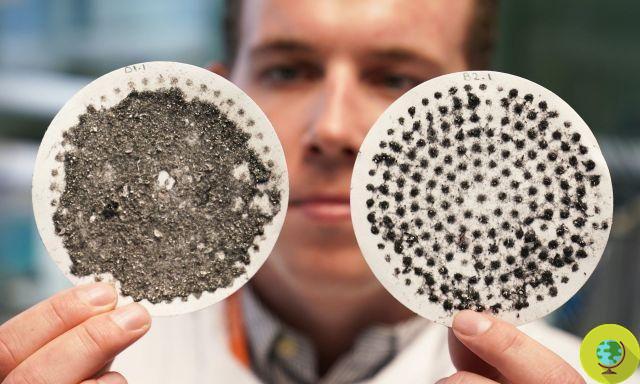
Since most washing machines don't have filters capable of retaining particles of such small dimensions, microfibers are transported in wastewater to treatment plants and can eventually reach the seas and accumulate in waters and living organisms at all levels of the food chain, from plankton to marine mammals.
The textile industry produces every year more than 42 million tons of synthetic fibers which are used for 80% to make garments that require delicate washing in the washing machine in order not to be damaged.
Le microfibers released during washing of these clothes are the most common type of microplastic in waters and marine animals.
It is not yet clear what the health risks of ingesting microplastics are, but researchers fear that chemicals in plastics may be harmful to both humans and animals. Consequently, minimizing exposure to microplastics should be a priority.
In light of this new study, delicate washing cycles should be avoided when possible, therefore it would be good to avoid buying garments made with synthetic fabrics, preferring natural fabrics.
Read also:
- Is your tea soaked in plastic? Watch out for the filters you use
- After iron and bronze, welcome to the worst of geological eras: that of plastic
- Water, beer and salt: the list of foods with the most microplastics
Tatiana Maselli
Photo Credit: Newcastle University





